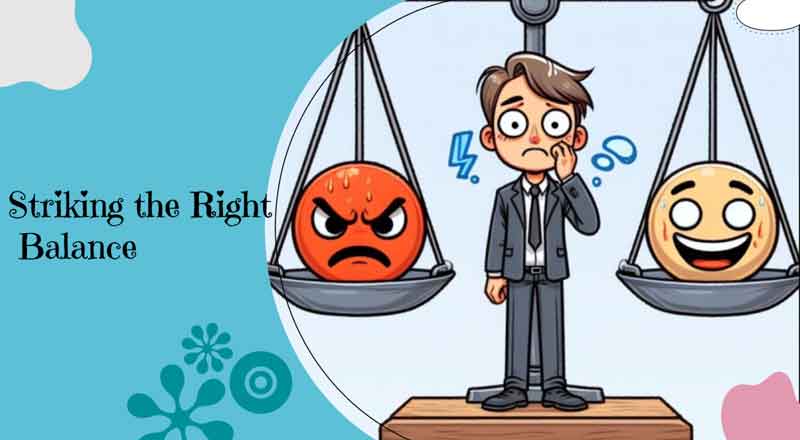The Need for Balance
In today’s fast-paced world, the importance of balancing work and personal life cannot be overstated. Mental peace, family time, and self-care are not luxuries but essentials for sustained productivity and happiness. Yet, the increasing emphasis on relentless work schedules has sparked heated debates about employee well-being and organizational expectations. The recent remarks by Larsen & Toubro (L&T) Chairman S.N. Subrahmanyan, urging employees to work on Sundays and clock 90-hour weeks, along with Infosys founder Narayana Murthy’s call for 70-hour work weeks, have reignited this conversation, drawing sharp criticism and raising pertinent questions about workplace culture.
The Controversial Comments
In a video that surfaced on Reddit, Subrahmanyan reportedly expressed dissatisfaction with employees taking time off. “What do you do sitting at home? How long can you stare at your wife? How long can the wives stare at their husbands? Get to the office and start working,” he remarked. He further compared India’s work ethic to China’s, citing an anecdote about Chinese workers’ dedication to 90-hour work weeks as a model to emulate.
Similarly, Infosys founder Narayana Murthy had earlier stated that young Indians should work 70 hours a week to drive the country’s growth. His comments drew sharp criticism across social media, with many questioning the feasibility of such expectations in modern workplaces. Critics pointed out the toll such schedules take on mental health, family life, and overall well-being. Employees argued that advocating for such extreme hours ignores the importance of sustainable work practices in a competitive yet humane economy.
Backlash and Employee Concerns
The video of Subrahmanyan’s remarks went viral on Reddit, sparking outrage among employees and netizens. Many users labeled the comments as “shameless promotion of overwork,” questioning why CEOs with vastly different job pressures impose similar expectations on employees with lower pay and fewer benefits.
One L&T employee commented, “I work in L&T and had to sit through this entire thing, imagine our horror!” Others suggested companies should offer flexible work-hour options, allowing employees to choose schedules that suit their needs and lifestyles.
Similarly, reactions to Murthy’s 70-hour workweek suggestion included comparisons to the exploitative work culture in tech hubs, highlighting the need for balance rather than burnout.
Broader Implications
The remarks come at a time when work-life balance and mental health are central to conversations between employers and employees. Tragic incidents like the death of a 26-year-old Ernst & Young consultant in 2024 have amplified concerns about excessive workloads and their toll on mental health.
A Call for Thoughtful Leadership
The debate over long working hours underscores the need for leaders to consider holistic well-being over brute productivity. Companies thrive when their employees are healthy, motivated, and valued—not overburdened. Moving forward, organizations must create cultures that respect work-life balance while encouraging innovation and dedication. Leadership is not about pushing limits; it’s about inspiring excellence sustainably. The future of work depends on striking the right balance.
(With inputs from agencies)





